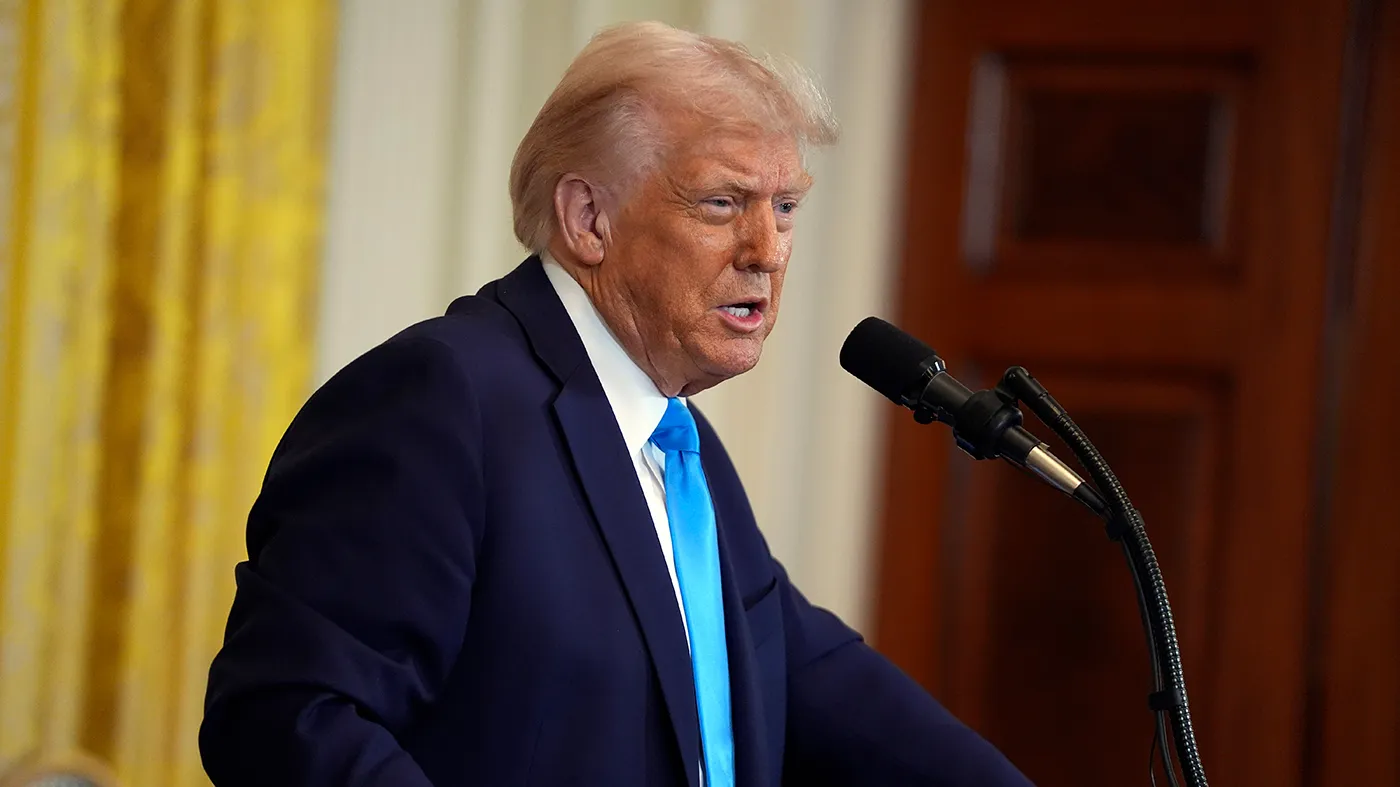In a move that has sparked widespread debate, President Donald Trump has dismissed David Huitema, the director of the Office of Government Ethics (OGE). The OGE is responsible for ensuring that government officials comply with conflict-of-interest and ethics regulations. Huitema’s removal, announced briefly on the OGE website, raises concerns over ethics enforcement within the federal government.
Background on David Huitema’s Tenure
David Huitema was appointed by President Joe Biden in 2023 and confirmed by the Senate in December for a five-year term. Before his appointment to the OGE, he served as the ethics chief at the U.S. Department of State for nine years. However, his confirmation faced delays due to political opposition, with some Republican senators questioning his impartiality.
The Official Announcement
The announcement of Huitema’s removal appeared as a single-sentence update on the OGE website. It stated that the office had been informed of the president’s decision and that Shelley K. Finlayson, the current Chief of Staff and Program Counsel at the office, would assume the role of acting director.
Broader Implications
Pattern of Oversight Dismissals
Huitema’s removal is part of a broader trend within the Trump administration of dismissing officials responsible for oversight and accountability. This includes the removal of prosecutors involved in the January 6 Capitol attack cases, further fueling concerns about executive overreach.
Controversy Over Elon Musk’s Government Role
One of the key concerns leading up to Huitema’s dismissal involved questions raised by Sen. Adam Schiff (D-Calif.) regarding Elon Musk and his role as a “special government employee.” Schiff sought clarification on whether Musk was complying with federal ethics standards, including financial disclosures and potential exemptions from conflict-of-interest laws.
Political Reactions
Democratic Concerns
Democrats have voiced strong opposition to Huitema’s removal, citing fears that the Trump administration is undermining government accountability. Sen. Schiff, in a letter first shared with Politico, pressed White House Chief of Staff Susie Wiles and Huitema on the ethical implications of Musk’s government involvement.
Republican Perspective
Republicans, on the other hand, have defended Trump’s decision, arguing that Huitema’s appointment was politically motivated. Sen. Mike Lee (R-Utah) had previously objected to Huitema’s nomination, claiming he would engage in “partisan lawfare.” Lee suggested that the next president should have been given the opportunity to make the appointment.
What Happens Next?
With Finlayson stepping in as acting director, the OGE’s leadership remains uncertain. While the agency continues its work, concerns persist about its ability to enforce ethics laws effectively under the current administration. Whether Congress will take action in response to this removal remains to be seen.
Frequently Asked Questions (FAQs)
1. Why was David Huitema removed?
President Trump has not provided an official reason for Huitema’s removal, but it follows a pattern of dismissals of oversight officials.
2. Who is replacing Huitema?
Shelley K. Finlayson, the current Chief of Staff and Program Counsel at the OGE, will serve as acting director.
3. What is the Office of Government Ethics responsible for?
The OGE ensures that federal employees comply with conflict-of-interest laws and ethical guidelines.
4. What role does Elon Musk play in this controversy?
Sen. Schiff questioned whether Musk had complied with ethics rules while serving as a “special government employee.”
5. What are the broader implications of this removal?
Critics argue that this move weakens ethics enforcement and accountability in the federal government.
Conclusion
David Huitema’s removal as director of the Office of Government Ethics has intensified the debate over government transparency and oversight. As the administration continues its efforts to reshape federal agencies, the implications for ethics enforcement remain a significant concern. The coming months will reveal whether Congress or other watchdog organizations take steps to address these growing concerns.

